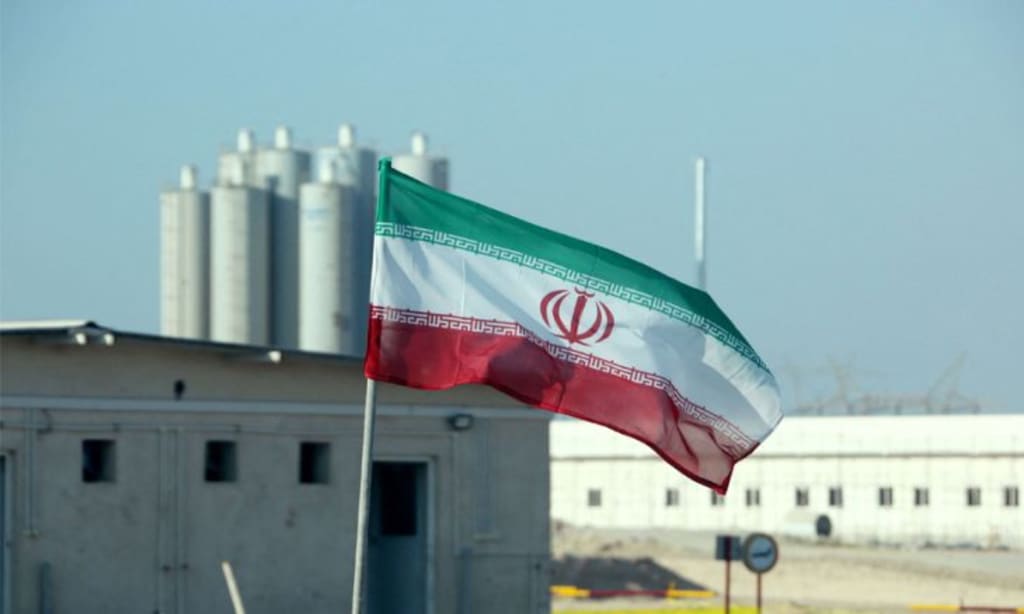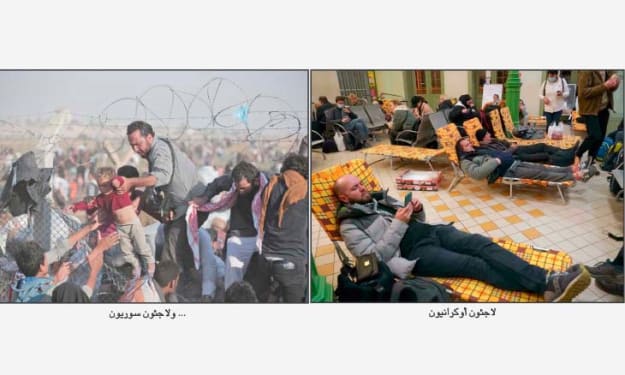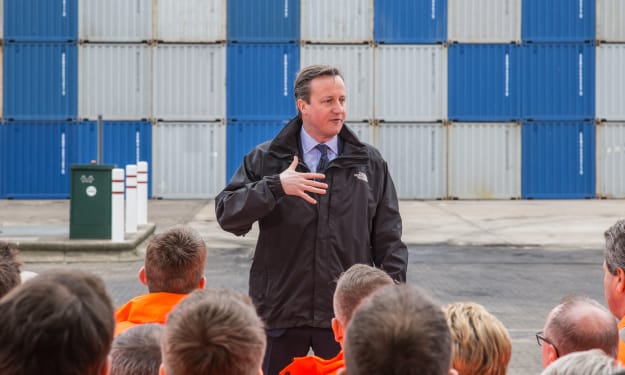The reflection of the Ukrainian crisis on the Iranian nuclear negotiations
The events in Ukraine overshadowed every other news, and captured the attention of many

The events in Ukraine overshadowed every other news, and captured the attention of many, as they shocked the world, which watched with astonishment the progress of the Russian soldiers and their daring to enter across the Ukrainian border.
Parallel to the Ukrainian crisis, another file of global importance was slowly moving, which was the nuclear negotiations with Iran. The result of this negotiation would have determined not only the fate of the Iranian nuclear project, but, in a way, the fate of the region, which until now seems unwilling to accept a nuclear Iran in its folds.
On the eighth of last February, the war had not yet begun, and at that time, Ali Shamkhani, Secretary of Iran's Supreme National Security Council, was anticipating the new round of nuclear negotiations with a tweet in which he said that the task of the Iranian negotiator is specific to lifting sanctions. Raising the ceiling was understandable in the negotiating context, and the Iranian officials' keenness to emphasize it by saying that any negotiation that does not start with this issue will not be the subject of their attention. Between the beginning of the last serious negotiation rounds in November of last year, and until the present time, there have been many changes in the international arena, most notably the developments on the Ukrainian arena. Genuine and comprehensive.
To understand the impact and influence, it should be noted that Russia was one of the signatories to the first agreement, as it was part of the current negotiations to revive the agreement, along with China and other European countries. Not only that, but it was assumed, as one of the proposed solutions, that fissile materials needed for the nuclear industry would be stored in Russia, pending the completion of the expected agreement period. Today, all this is in doubt. Yesterday's partners, who were asking for Russia's intervention to soften the position of its Iranian friends, are now in conflict with it, and even entered into media battles with it, and made it subject to harsh and unprecedented sanctions in its history. On the other hand, the threat posed by Russia invading European lands made many countries less determined to put pressure on Iran, which could be a suitable alternative to Russian energy resources, which represent a major weakness for the Western axis that has aligned in the Ukrainian trench.
When Iran was talking about the complete and prior lifting of sanctions, which is the idea around which the last round of negotiations revolved, it was often aware that this request is difficult to respond to, especially since there are restrictions and sanctions not related to the nuclear agreement, but rather related to other items such as human rights, but developments The latter made this demand negotiable, as the rules of the game and the balance of power unexpectedly changed. Iran is no longer the only country whose economy is collapsing, but rather major European countries such as France and Germany, which got involved in a battle for which they were not ready. This leads us to understand that statements that talk about the imminence of reaching an agreement may be intended to restore the first version of the agreement, which opens many closed economic and financial doors for Iran, through what it stipulates, which enables Iran to obtain large sums of money that has been withheld for years. , and more freedom to export its resources.
In the previous period, there was a fear that Iran would be fully assimilated as a partner in the global trade movement, because that would mean its assimilation in the arms trade as well, a point that raises many concerns among parties who fear that Iran will benefit from that in expanding the manufacture of lethal weapons, and in selling them to other parties. It is hostile to it, especially since Iran's foreign military operations, similar to the recent attacks on the city of Erbil, have not stopped.
With the current geopolitical changes, observers believe that this may be overlooked, given that there are threats that are more important and have a greater impact on global stability than the Iranian attacks. Here is a main point of contention with allies in the region. What Westerners consider limited transgressions, countries such as Saudi Arabia and the UAE are dealing with as a major threat to their security and stability. The truth is that, from the beginning, the West was not decisive in the Iranian file, nor were its visions united, and it was different between the United States, which was reluctant to go to a level beyond hostility with Iran, in a way that it might not have anything to lose, and the European countries that kept She supported the agreement and continued her dual work as a partner and mediator at the same time to bring the Iranians and Americans closer together.
The Ukrainian war only made this situation weaker and more fluid, both for the Americans who were interested in mobilizing against the Russian expansion, and for the Europeans who wanted to make the agreement work to get out of the current energy impasse intertwined with the economic stagnation caused, among other factors, by the pandemic. Corona.
The search for an alternative to Russian oil and gas has become a strategic goal for the Western group that was heavily dependent on it, and because this matter is a priority, Iran, which is rich in oil and gas resources, has emerged as a suitable alternative, but it is an alternative that cannot be taken advantage of unless the nuclear agreement is completed. The Ukrainian crisis also showed the divergence of interests between Russia and Iran, the two countries that have worked, at least during the last two decades, in great coordination, while the first became besieged by the latest sanctions, the second was looking forward to get out of its isolation that extended for decades. This made Russia’s role in the negotiating process questionable, when it showed that it wanted to control the course of the new understandings, so that it would not be at the expense of its interests, or that Iran would be withdrawn accordingly to the western side. From here we understand the Russians’ demand for a pledge to guarantee freedom of trade between them and Iran Regardless of any penalties.
Even today, Russia seems insistent on its demand to sign the agreement. This insistence not only angers the Western partners, but also Iran itself, which is in dire need of liberation from the constraints of sanctions, just as this intransigence may anger their third partner, China, which is linked with Iran. With economic partnership agreements that are expected to generate billions of dollars if the agreement is revived. Talking about an unconditional revival of the nuclear agreement worried another party, the Zionist entity, which was aware of the meaning of Tehran operating without an agreement or restrictions on its activities, but it was trying to pressure for a satisfactory formula that would protect it from any potential danger. The second worrying hypothesis is that classifying the Iranian issue as a subject of secondary importance under the influence of the interactions of the Ukrainian arena, may mean a slowdown in the negotiating process, a slowness that Iran is benefiting from, which will be able to freely store fissile materials to produce a nuclear bomb, according to an extent that may not exceed weeks, according to Israeli estimates.





Comments
There are no comments for this story
Be the first to respond and start the conversation.